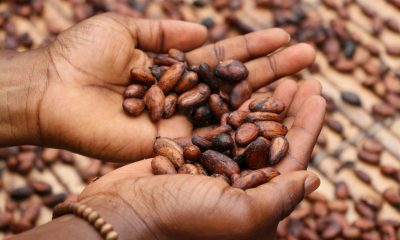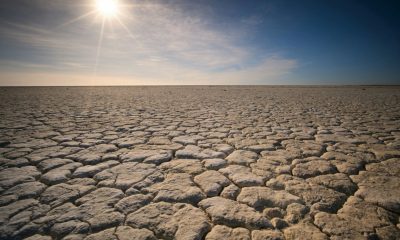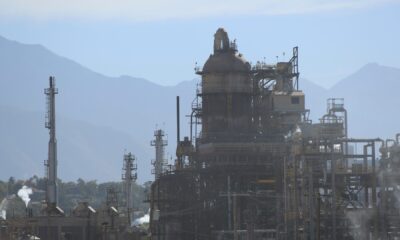Africa
The Israeli LR Group to revitalize the agro-industrial sector in DR Congo
Practically at a standstill for several months, the DAIPN/N’Sele, a 3,000 hectare factory farm, should guarantee the food self-sufficiency of the DRC. The area is currently facing chronic food shortages, so the development of the N’Sele Farm brings a ray of hope. The government will pay its debt to the Israeli company LR Group which signed an agreement to revive the agro-industrial sector.
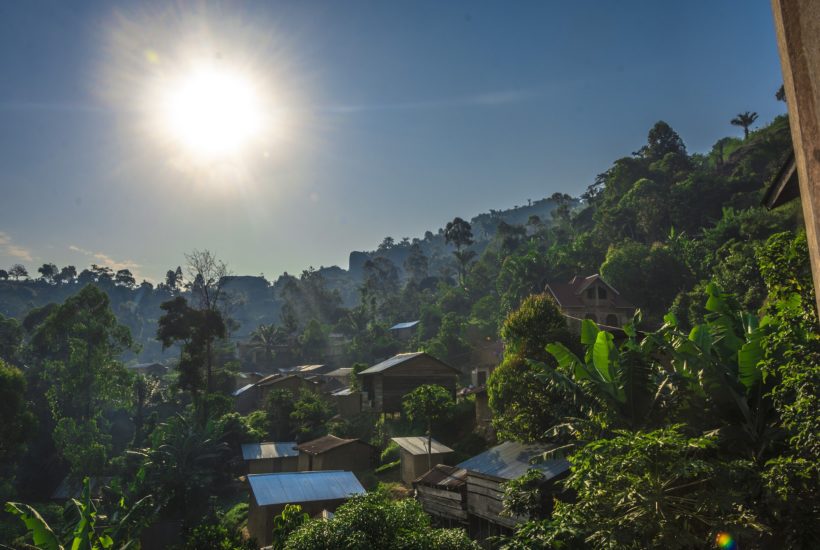
The government of the DR Congo is going to clear its debt of $12 million owed to the Israeli firm LR Group with a view to relaunching the agro-industrial and presidential Domain of N’Sele (DAIPN). Located on the banks of the Congo River, more than forty kilometres east of Kinshasa, was part of Mobutu Sese Seko’s white elephants.
If you want to find out more about the DR Congo’s government plans to revive the economy and to relaunch the agro-industrial farm N’Sele, and to read the latest business headlines download for free the Born2Invest mobile app. Our companion app makes it easy for you to keep informed, to intuitively move from story to story, and from section to section.
The destiny of the N’Sele Farm strongly dependant on politics
Launched in 1966, this agro-industrial project has evolved with the political life of the country. In its heyday, a good dozen Europeans – including many Belgians – and Chinese executives were called upon to develop model livestock and agricultural activities. The park had a vast battery chicken farm, livestock, and a large crop of pineapples and other agricultural products.
The estate included a vast animal park, “the Parc Président Mobutu”, covering several hundred hectares, as well as enclosures sheltering lions, cheetahs, okapis, chimpanzees, zebras, etc. A public Olympic swimming pool welcoming the public, many of whom are Kinshasa residents -mainly at weekends- will be added to the scenery.
In 2013, the park was the subject of a new relaunch through an agreement with the Israeli firm LR Group, founded by Ami Lustin, which has international expertise in the field of water, sanitation, and the development of agribusiness projects. Fifteen months after signing the contracts with the government, LR Group is offering the Chinese population the products from its 42 poultry houses already operational on the site.
Seven years later, however, “Mobutu’s Paradise”, despite the promises of its promoters, has not yet completely escaped its fate as a white elephant, standing out instead in terms of liabilities and late payments.
The N’Sele Farm has great potential
The government’s decision to clear debts can be interpreted as a desire to get rid of past problems. “The Council of Ministers has decided to pay this debt of $12 million while asking the company to give the state of execution of the $3 million previously paid to it,” announced the Minister of Communication and Media, reporting on the Council of Ministers held Friday, May 22nd, 2020 in Kinshasa.
Practically at a standstill for several months, the DAIPN/N’Sele, a 3,000 hectare factory farm, should guarantee the food self-sufficiency of the DRC. “The whole issue is to establish a reorganized and revitalized farm, using education and government support to create sustainable development of a wide variety of agricultural products,” it is said.
The climate and the varied soil in the DRC have great potential, offering the country the possibility of becoming an important agricultural producer. The area is currently facing chronic food shortages, so the development of the N’Sele Farm brings a ray of hope. Years of political instability have hindered the project, but the current government is decided to revive the agricultural sector.
__
(Featured image by Kudra_Abdulaziz via Pixabay)
DISCLAIMER: This article was written by a third party contributor and does not reflect the opinion of Born2Invest, its management, staff or its associates. Please review our disclaimer for more information.
This article may include forward-looking statements. These forward-looking statements generally are identified by the words “believe,” “project,” “estimate,” “become,” “plan,” “will,” and similar expressions. These forward-looking statements involve known and unknown risks as well as uncertainties, including those discussed in the following cautionary statements and elsewhere in this article and on this site. Although the Company may believe that its expectations are based on reasonable assumptions, the actual results that the Company may achieve may differ materially from any forward-looking statements, which reflect the opinions of the management of the Company only as of the date hereof. Additionally, please make sure to read these important disclosures.
First published in Financial Afrik, a third-party contributor translated and adapted the article from the original. In case of discrepancy, the original will prevail.
Although we made reasonable efforts to provide accurate translations, some parts may be incorrect. Born2Invest assumes no responsibility for errors, omissions or ambiguities in the translations provided on this website. Any person or entity relying on translated content does so at their own risk. Born2Invest is not responsible for losses caused by such reliance on the accuracy or reliability of translated information. If you wish to report an error or inaccuracy in the translation, we encourage you to contact us.

-

 Cannabis5 days ago
Cannabis5 days agoCannabis and the Aging Brain: New Research Challenges Old Assumptions
-
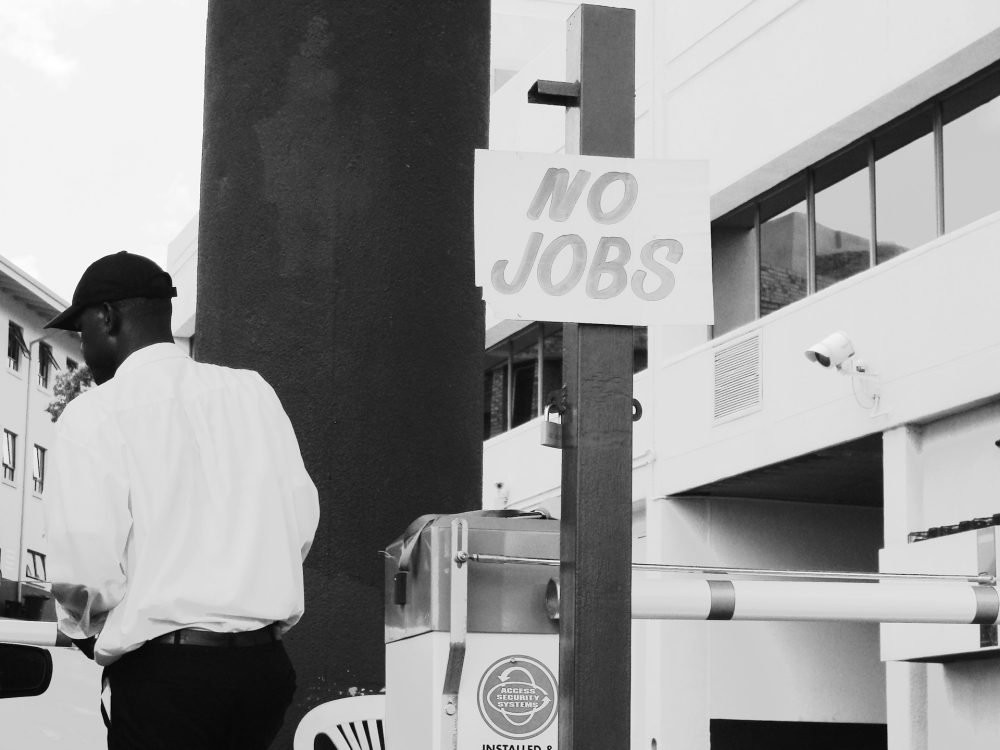
 Africa2 weeks ago
Africa2 weeks agoUnemployment in Moroco Falls in 2025, but Underemployment and Youth Joblessness Rise
-

 Crowdfunding3 days ago
Crowdfunding3 days agoAWOL Vision’s Aetherion Projectors Raise Millions on Kickstarter
-

 Fintech1 week ago
Fintech1 week agoFintower Secures €1.5M Seed Funding to Transform Financial Planning
